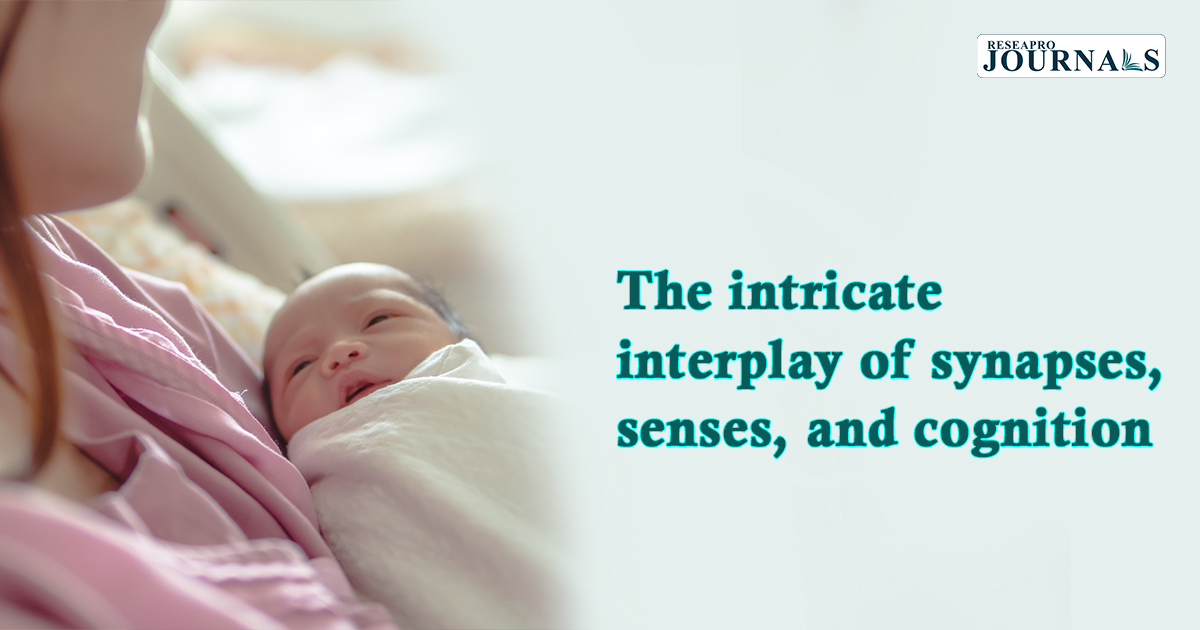|
Getting your Trinity Audio player ready...
|
The elusive nature of consciousness and when it emerges in human development has been a subject of intense debate. While defining consciousness remains a philosophical challenge, researchers from around the world have conducted a comprehensive review of the existing literature. Their findings suggest that there is enough evidence to support the idea that consciousness may emerge earlier than previously thought, possibly before birth. Factors contributing to this argument include advanced connectivity across the brain, indicators of attention, integration of information from various senses, and physical markers associated with surprise and reorientation of attention. These findings could reshape our understanding of human consciousness, challenging historical assumptions about newborns lacking true awareness. While the exact nature and timeline of consciousness development remain enigmatic, advancements in brain scanning techniques may eventually reveal consciousness as a gradual awakening of experience, shaped by the intricate interplay of synapses, senses, and cognition.




